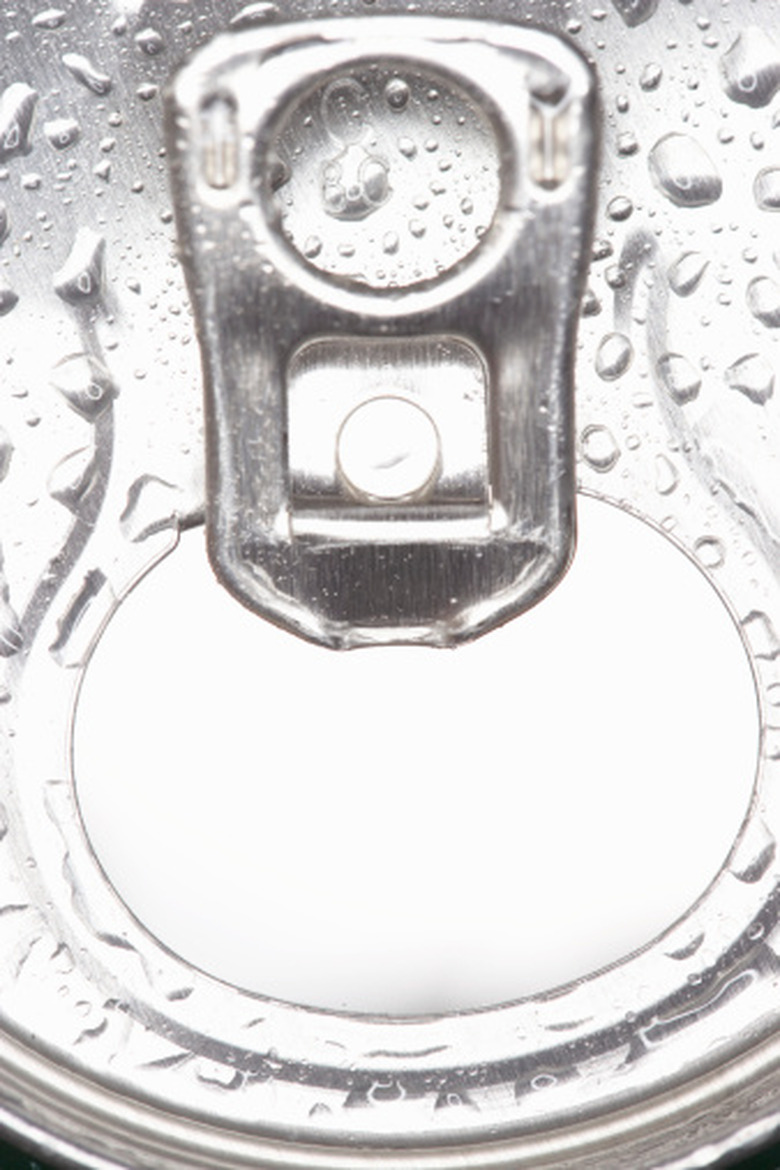Science Projects On Teaching Evaporation & Condensation
Evaporation is when water is changed into vapor, while condensation is when the gas vapor becomes a liquid. Evaporation and condensation are two concepts that can be explained with science experiments. These science concepts are made clearer when the students can actually see the concept in action. They can be taught individually or together.
Evaporation and Condensation
Evaporation and Condensation
Help students visualize the processes of evaporation and condensation through this simple experiment. Place 2 inches of water in a plastic sandwich bag that can be zipped shut. Close the bag tightly. Tape it to a window pane that faces the sun. Observe the bag over a two-day period, checking it in the morning as the bag begins to warm up and in the afternoon when it cools down again. Students will observe the water as it steams up and condenses on the sides of the bag.
Rainy Day Evaporation
Rainy Day Evaporation
After an early morning rain, take students outside to observe a rain puddle on the blacktop or the sidewalk. Draw a chalk line around the circumference of the rain puddle. Take a temperature of the puddle. Write the Every half hour, return to the puddle, draw a new outline around the smaller puddle and take the temperature of the puddle each time. Lead the students in a discussion about what happened to the water.
Terrarium
Terrarium
Use a glass jar and plants to demonstrate the water cycle involving evaporation and condensation. Place pebbles and dirt on the side of the jar. Plant small, green plants inside. Water the plants and put a lid on the jar. Tighten it. Lay the jar down in a frame to keep it from rolling. Watch the terrarium as, daily, the water evaporates and condenses again. You will need to water the plant again in a few weeks.
Hot and Cold
Hot and Cold
Use the weather outside to demonstrate evaporation and condensation. On a cold day, take mirrors outside and breathe on them. Watch the moisture from their breath form on the mirror, becoming little beads of water. When the day is warm, take a very cold glass of water out of the refrigerator and place it on a desk or table. Observe the cup as moisture forms on the outside of the glass. Discuss the process.
Cite This Article
MLA
Collins, Joan. "Science Projects On Teaching Evaporation & Condensation" sciencing.com, https://www.sciencing.com/science-projects-teaching-evaporation-condensation-8029453/. 24 April 2017.
APA
Collins, Joan. (2017, April 24). Science Projects On Teaching Evaporation & Condensation. sciencing.com. Retrieved from https://www.sciencing.com/science-projects-teaching-evaporation-condensation-8029453/
Chicago
Collins, Joan. Science Projects On Teaching Evaporation & Condensation last modified August 30, 2022. https://www.sciencing.com/science-projects-teaching-evaporation-condensation-8029453/
